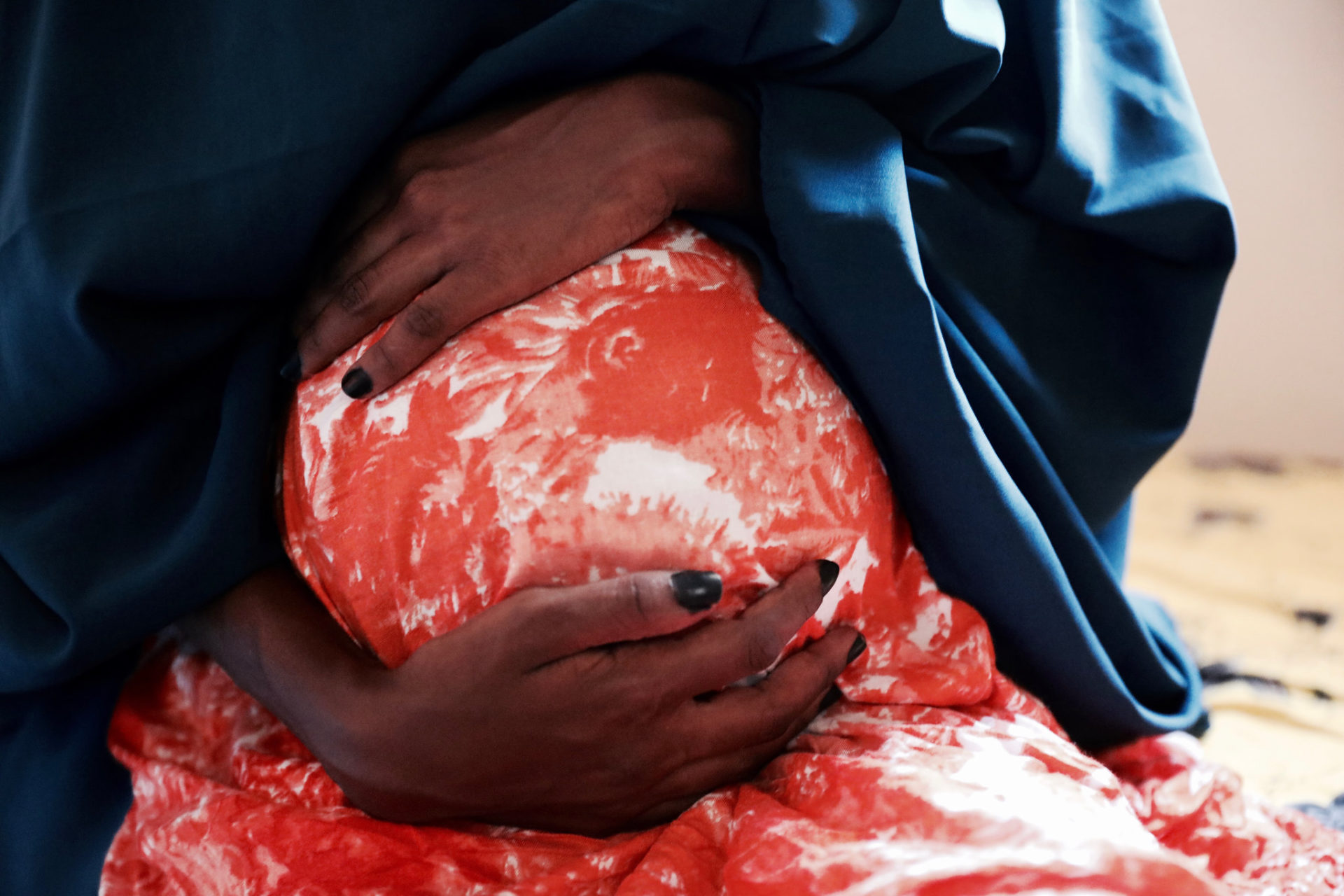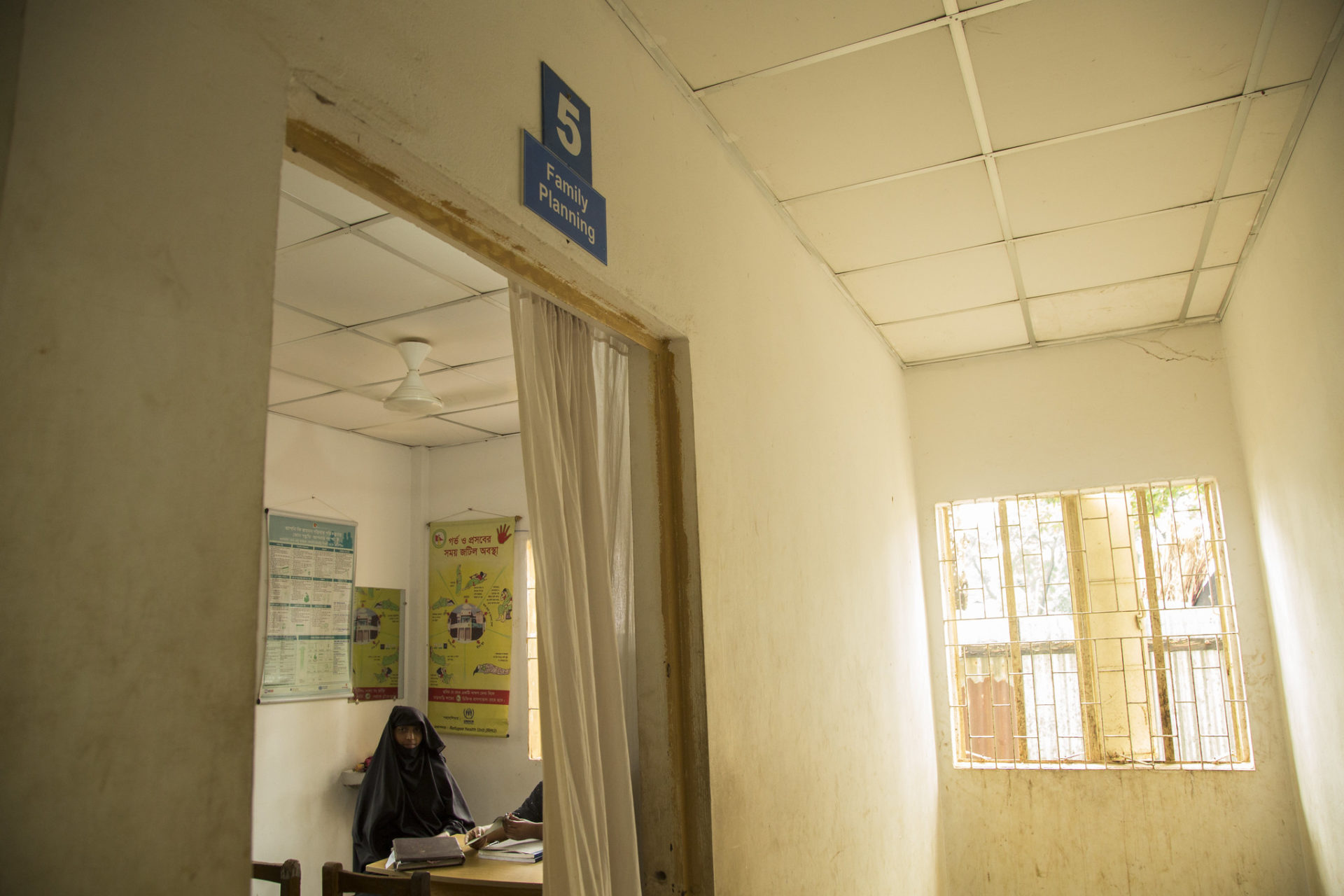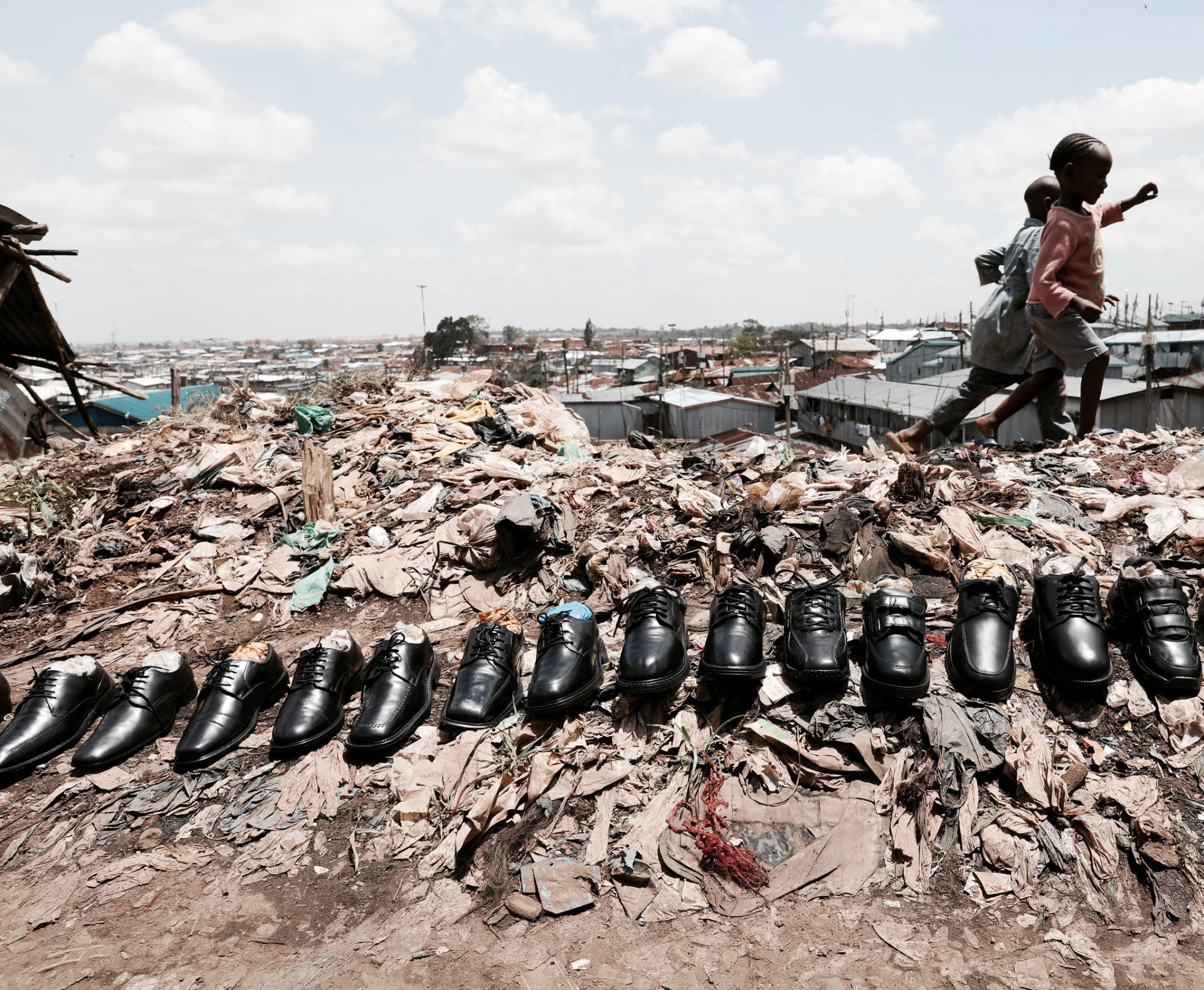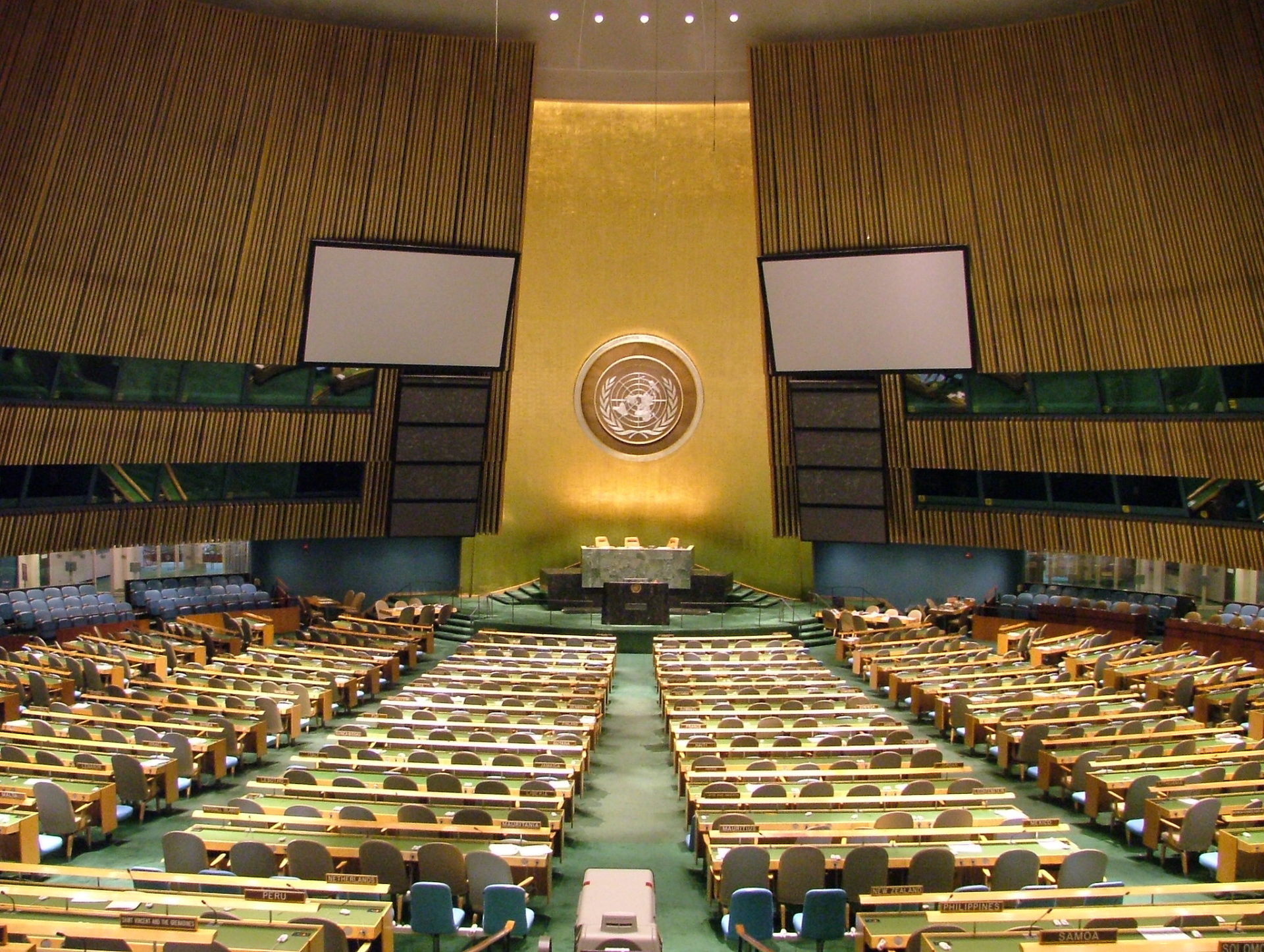
The United Nations Population Fund (UNFPA) is a critical partner in the effort to expand and improve family planning and other sexual and reproductive health services around the world. More than 180 countries contribute to UNFPA to help it work in over 150 low-income nations—three times as many to which the United States provides family planning aid directly.
On June 15, 2023, Rep. Chrissy Houlahan (D-PA-6) reintroduced the Support UNFPA Funding Act (H.R.4166), which “authorizes annual contributions to support the core functions and programs of the United Nations Population Fund for the five fiscal years following the bill’s enactment.” The bill has 119 co-sponsors (as of March 2024) in the House of Representatives. A Senate companion bill has not yet been introduced.
UNFPA is a global leader in programs to:
Make Contraceptives Available
UNFPA is the largest multilateral provider of contraceptive supplies. Access to safe, effective birth control helps individuals and couples avoid unwanted pregnancies, bring about wanted births, and determine the timing of pregnancies and the number of children in their families. It also slows the rapid population growth that contributes to poverty and environmental degradation. Today, there 218 million women in low- and middle-income countries (LMICs) who would like to either prevent or delay pregnancy but have an unmet need for modern contraception. Every year, there are 111 million unintended pregnancies in LMICs.

Ensure Safe Childbirth
In much of the developing world, childbirth brings serious risks to both the mother and the infant. Every year, an estimated 287,000 women die from pregnancy-related causes. UNFPA supports safe motherhood interventions as part of its commitment to reproductive health. Between 2009 and 2018, UNFPA helped train more than 100,000 midwives in over 120 countries. Additionally, UNFPA is leading the effort to ensure that hospitals and health clinics have proper supplies to provide life-saving care to women facing difficult pregnancies and deliveries.

Prevent and Treat Obstetric Fistula
UNFPA is helping to lead the Campaign to End Fistula in more than 50 countries. Nearly unheard of in developed countries, obstetric fistula is a debilitating condition caused by prolonged and obstructed labor, often resulting in incontinence and social ostracization. Fistula is both preventable and treatable but continues to plague more than 2 million women throughout the developing world. Over the last 15 years, nearly 95,000 women with this devastating birth injury have received surgical repair with assistance from UNFPA.
UNFPA’s program, which also focuses on prevention and social reintegration of survivors, has helped an even greater number of women at risk of or recovering from this condition. The campaign has led 30 countries to include fistula into their national health policies and programs.

Eliminate the Practice of FGM/C
Every year, millions of women and girls face the prospect of female genital mutilation and cutting (FGM/C), while 200 million worldwide have already undergone the practice. Since 2008, UNFPA has worked in partnership with UNICEF on a Joint Program on Female Genital Mutilation and Cutting. The program combats FGM/C by educating citizens about its harmful consequences, engaging government leaders and local officials, motivating religious leaders to protect women’s health, and educating and encouraging journalists to report on the issue.
The program currently focuses on 17 African countries and also supports regional and global initiatives. It has trained over 1,400 health care providers and treated over 41,000 affected women and girls. As a result of this international campaign, thousands of communities across 15 countries have publicly declared their abandonment of FGM/C. With the support of UNFPA and other UN agencies, 13 countries have passed legislation banning FGM. In 2015, Nigeria and The Gambia developed national policies against the practice.

Offer Critical Services in Crises
UNFPA is the global leader in responding to the unique needs of women following natural disasters and other humanitarian crises. It is currently on the ground in Syria, Iraq, and Yemen offering safe delivery kits, emergency delivery services, and access to contraception to the millions of people affected by the refugee crisis. UNFPA is on the ground after nearly all major natural disasters, such as the devastating 2006 Indian Ocean tsunami, the 2010 earthquake in Haiti, and the 2012 floods in the Philippines. Hundreds of thousands of lives have been saved by UNFPA’s quick response to disaster situations.

Promote Human Rights
UNFPA insists on voluntary family planning programs and fights against policies that limit the number of children people can have and when they can have them. The agency condemns practices such as coercive abortion or sterilization. It was a leading voice against the one-child policy in China and was the first international organization to speak out against the coercive practices in the country. In addition, UNFPA developed pilot programs in China that were contingent on the government eliminating coercive tactics and allowing for outside, independent monitoring of the human rights conditions in the country. The programs expanded choice and voluntarism and within a few years rapidly spread from the pilot program areas to much of the nation. It is inarguable that UNFPA’s efforts were one of the primary reasons for China’s abandonment of the policy.

Raise the Status of Girls and Women
In 1991 UNFPA became the first international agency to raise the issue of China’s sex-ratio imbalance with the country due to prenatal sex selection and son preference. UNFPA is working with other agencies, like UNICEF, to address the harmful attitudes that lead to sex-selective abortions. They are doing what works: broad and integrated county-level public education campaigns to promote gender equality that involve opinion leaders and those shaping cultural norms.
The project also addresses structural issues underlying gender discrimination, in particular a widespread preference for sons. This approach has been shown to bring more positive results than simply passing laws banning sex selection. In 2000, for example, Hainan Province in China had the country’s highest ratio of male-to-female births. By 2004, after the entire province had adopted a UNFPA demonstration project to promote voluntarism and expand access to a wide range of contraceptive methods, promote the rights and value of girls, and eliminate coercive penalties, the rate of abortion fell to levels lower than the United States and the sex ratio at birth had returned to a more natural balance.

The United States and UNFPA
The United States was integral to the beginning of UNFPA operations in 1969 and a leading supporter during the agency’s first 15 years. The United States has since remained on UNFPA’s Executive Board and has historically helped shape UNFPA programs and priorities. U.S. financial support to UNFPA is in keeping with the United States’ historic leadership role in promoting the rights of women and our commitment to help countries develop to their fullest potential. No economically developed country in the world excludes women from public participation, making UNFPA’s work an important partner in achieving our common goals of ending poverty and promoting development. We, along with the rest of the international family planning coalition, advocate for an annual U.S. investment of $116 million in UNFPA.

